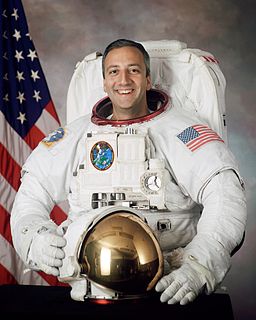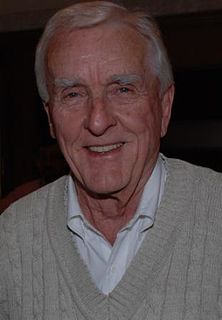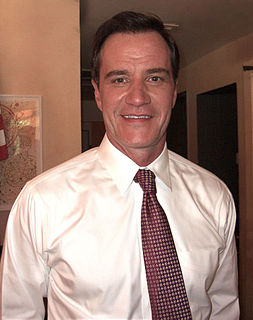A Quote by Michael J. Massimino
I think most astronauts are not risk takers. We take calculated risks for something that we think is worthwhile.
Quote Topics
Related Quotes
Thomas Stanley has not only found no correlation between success in school and an ability to accumulate wealth, he's actually found a negative correlation. 'It seems that school-related evaluations are poor predictors of economic success,' Stanley concluded. What did predict success was a willingness to take risks. Yet the success-failure standards of most schools penalized risk takers. Most educational systems reward those who play it safe. As a result, those who do well in school find it hard to take risks later on.
When large companies take on risk, then they impose risks on the rest of the system. And these are systemic risks and these systemic risks we never used to think were really that important, but as soon as we recognize how the financial sector - the risks the financial sector takes on can impact the entire global economy, we realize that those risks needed to be controlled for the social good.
The thing is doing it, that's what it's all about. Not in the results of it. After all what is a risk? It's a risk not to take risks. Otherwise, you can go stale and repeat yourself. I don't feel like a person who takes risks. Yet there's something within me that must provoke controversy because I find it wherever I go. Anybody who cares about what he does takes risks.






























